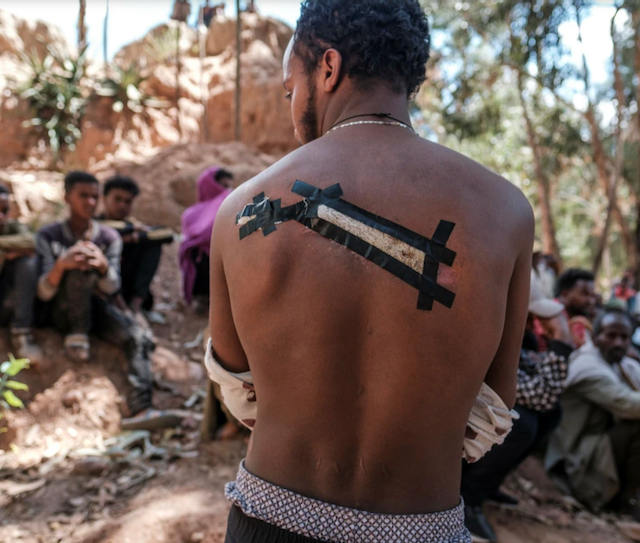
EEPA HORN No. 113 – 26 March 2021
Europe External Programme with Africa is a Belgium-based Centre of Expertise with in-depth knowledge, publications, and networks, specialised in issues of peace building, refugee protection and resilience in the Horn of Africa. EEPA has published extensively on issues related to movement and/or human trafficking of refugees in the Horn of Africa and on the Central Mediterranean Route. It cooperates with a wide network of Universities, research organisations, civil society and experts from Ethiopia, Eritrea, Kenya, Djibouti, Somalia, Sudan, South Sudan, Uganda and across Africa. The situation reports can be found here.
Breaking News Reported Situation in Tigray (as per 26 March 13:30pm)
- Ethiopian Prime Minister’s office releases a document in social media stating that Eritrea has agreed to withdraw its troops from Tigray:
- The statement says that, after PM Abiy’s meeting with President Afwerki during his visit to Asmara on 26th March, the Government of Eritrea agreed to the troop withdrawal.
- According to the statement, Ethiopian National Defense Forces will be taking over responsibility for border security effectively immediately.
- Both countries have agreed to continue strengthening bilateral relations and increase economic cooperation where possible. They agreed to continue based on the spirit of mutual trust.
- The statement is not a joint statement. No other statement on the issue by Eritrea has been released.
- The Eritrean ministry of Information did release a press release on the visit, which did not mention the withdrawal of troops and spoke only of joint collaboration between Ethiopia and Eritrea: https://shabait.com/2021/03/26/press-release-90/
- The Ethiopian statement follows months of denial about the presence of Eritrean troops in Tigray by both The Eritrean and Ethiopian governments. Even last week President Isayas denied the presence and PM Abiy only acknowledged the presence of Eritrean troops two days ago in an address to the Ethiopian Parliament. He also stated that he believed Eritrean troops would not leave.
- The Ethiopian statement is an acknowledgment from Ethiopia that Eritrea has forces in Tigray.
- The statement draws heavily on the hypothesis that Eritrea supported the Ethiopian National Defense Forces after the Ethiopian Northern Command was attacked by Tigray Regional Forces.
- Statements and interviews by Amhara, ENDF, and Sudanese leaders suggest that preparations for hostilities by Ethiopia and Eritrea started before the ‘Law and Order Operation’ that the Ethiopian Government officially began in Tigray on the 4th of November.
- The Ethiopian and Eritrean statements do not acknowledge that the situation in Tigray has a devastating impact on the local population and qualifies as a clear threat to international peace and security.
- The statements do not provide any acknowledgement of the crimes committed during the actions that are now, as the statement suggests, called to be ended, including among others:
- The use of national service by Eritrea, a brutal system of forced labour which has been qualified as a crime against humanity by the UN Commission of Inquiry on Human Rights in Eritrea.
- These military forces have committed, and are continuing to commit, grave violations of human rights in Tigray which qualify in any case as war crimes and/or crimes against humanity.
- The Ethiopian statement raises a number of questions:
- Is President Esayas committed to this agreement? The Eritrean press release suggests that he is not.
- Are there any modalities on the withdrawal of troops? The Eritrean press release calls this in doubt.
- Is there an agreement between Ethiopia and Eritrea on the crimes perpetrated by Eritrean troops in Tigray?
- Is responsibility taken by the parties in terms of investigating the crimes and atrocities committed during the conflict in Tigray, and how will responsible parties be held accountable?

